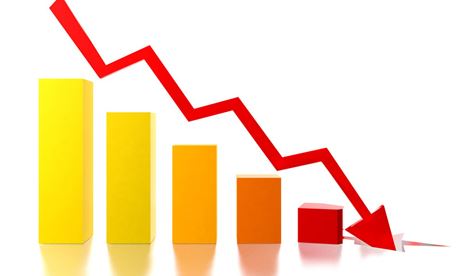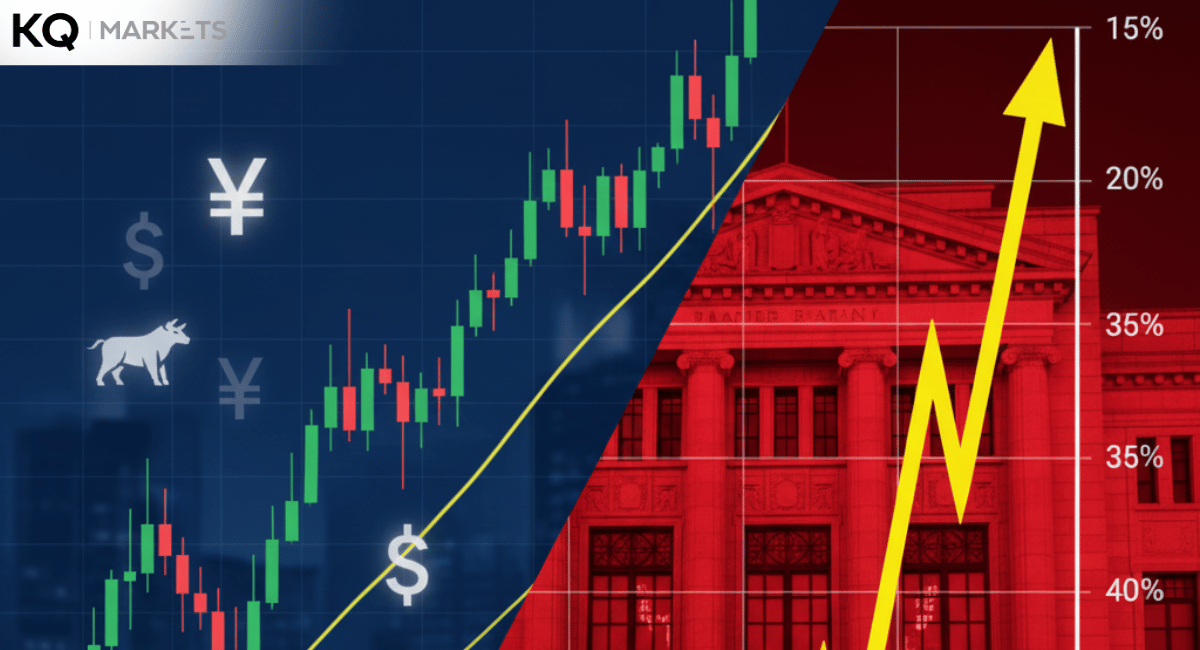Recent reports indicate that the UK economy recorded a significant 2.3% inflation decline, attaining its lowest point in three years. Overall, the decline comes amid falling electricity and gas prices. This article uncovers why the UK inflation fell 2.3%.
UK Inflation Fell 2.3% Overview.
UK inflation fell 2.3% to its lowest level in three years, providing consumers with respite amid high living costs. In other words, prices increased by 2.3% in April, down from 3.2% in March. Although inflation marked a significant decline, it remains above the Bank of England's 2% target. BOE hinted at forthcoming interest rate cuts.
In the meantime, service inflation reached 5.9%, putting pressure on households. The UK benchmark interest rate is at 5.25%, which is the highest level in 16 years. The recent UK inflation decline does not necessarily imply that prices are falling. Instead, it suggests that consumer prices are increasing at a slower pace.
Why UK Inflation Fell 2.3%
The lower energy price cap facilitated lower costs, contributing to a 38% decline. Meanwhile, food and tobacco prices also contributed to the decline. This section covers why UK inflation fell by 2.3%, focusing on energy, food, tobacco, and external factors.
- External Factors
Hargreaves Lansdown's Head of Personal Finance, Sarah Coles, clarified that the UK faces pressure from external factors like the Russia-Ukraine invasion and the war in Gaza. She said the cheapest deals before the disruption now cost twice as much. But tougher supermarket negotiations and falling fertilizer prices facilitated the decline.
- Easing Food & Tobacco Prices
Sarah explained that tougher supermarket negotiations contributed to lower prices for food items like fish, poultry, butter, and milk. Despite rising rent & mobile phone bills, food & tobacco prices declined significantly in April compared to March.

Meanwhile, products such as crisps, cocoa, and olive oil recorded a significant price rise. This increase resulted from soaring demand and low harvests. Yet, prices for all household and food commodities declined marginally by 0.8%.
- Decreased Energy Prices
The lower energy price cap enabled reduced electricity and gas prices. Simply put, it attained a 38% decline in gas prices and a 27% decline in energy prices in April over the previous 12 months. Soaring energy prices pose a significant drawback to living costs. High prices expose businesses and households to financial constraints.
UK Inflation Fell 23% Aftermath.
Prime Minister Rishi Sunak described the decline as a significant step towards average inflation. He clarified that the UK hopes for brighter days if it sticks to its strategic interest rate cuts plan to improve economic stability and job opportunities. The likely impacts of UK inflation falling to 2.3% include:
- Relief for Consumer
Overall, the recent UK inflation fall of 2.3% relieves consumers who face high living costs. Households experienced price-rising rate reductions for services & goods. Simply put, this reduction improves purchasing power and eases financial strain.
- Market Sentiments
The UK inflation fall of 2.3% intrigues market sentiments on investments. Yet, the Bank of England announced potential rate cuts that favor investor confidence. Therefore, the inflation decline fuels a stock market rise, better exchange rates, and high asset prices.
Wrapping Up!
UK inflation fell 2.3%, marking a significant rise in consumer purchasing power. Yet, the easing of inflation comes amid rising living costs and soaring demand. Above all, analysts say it has a positive impact on markets.





